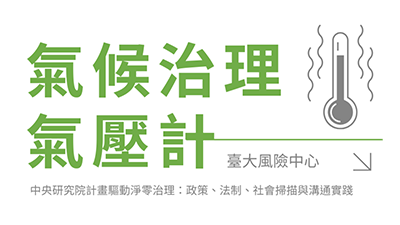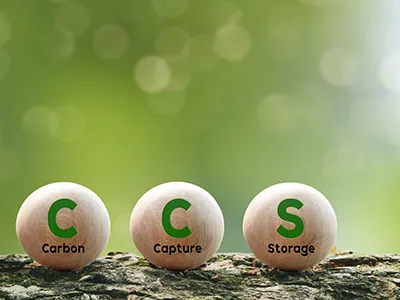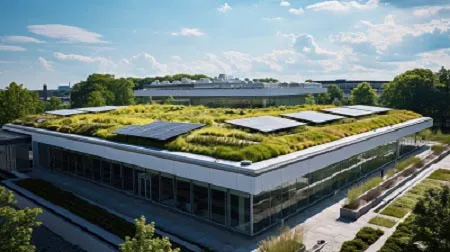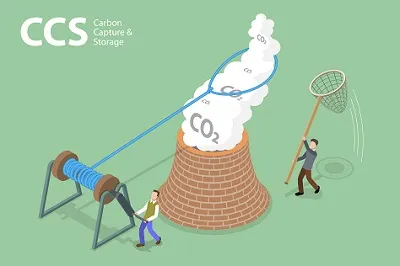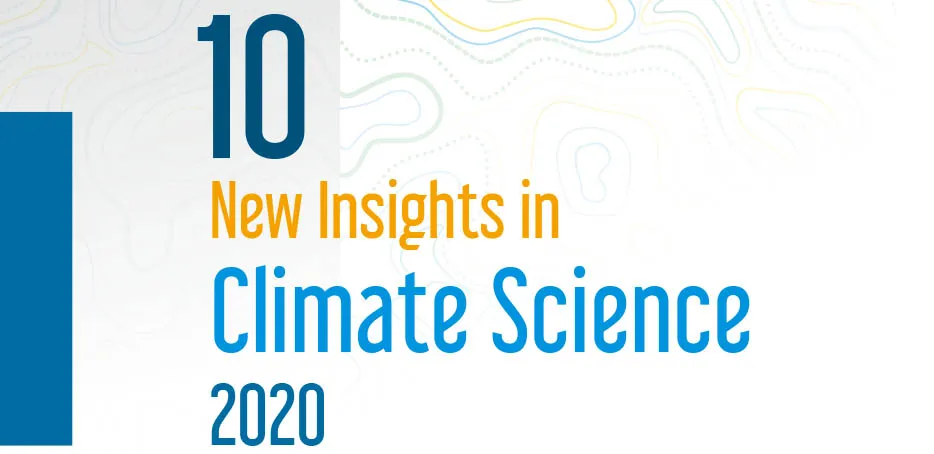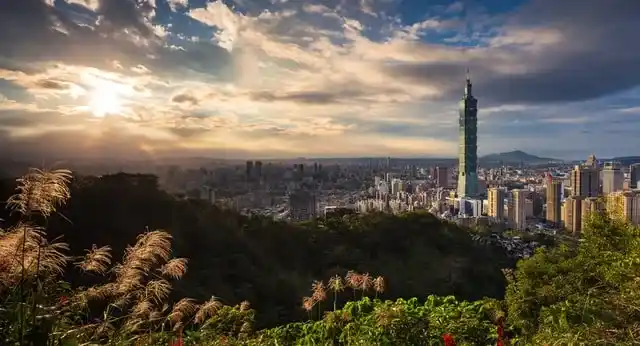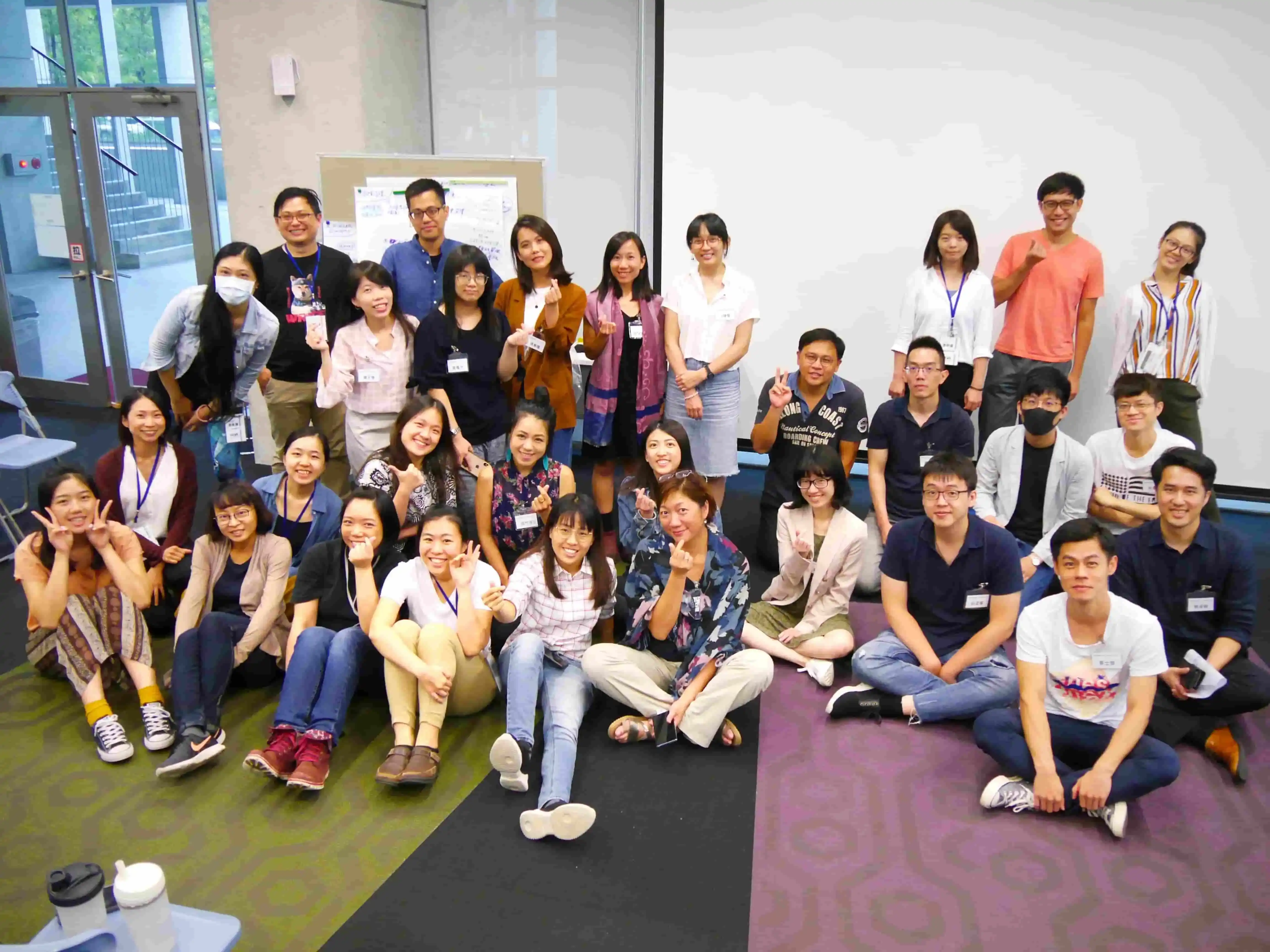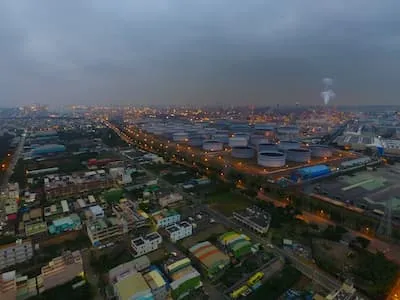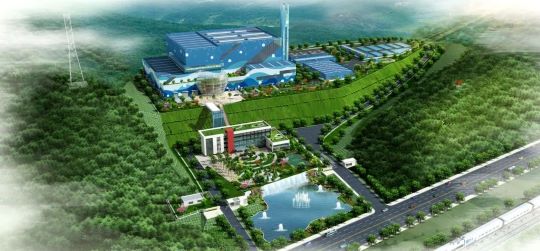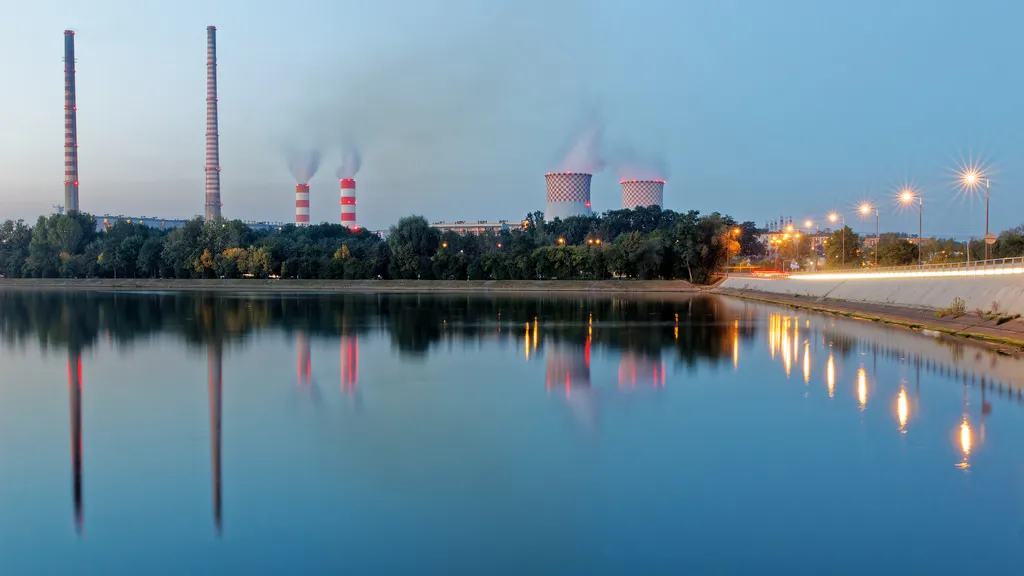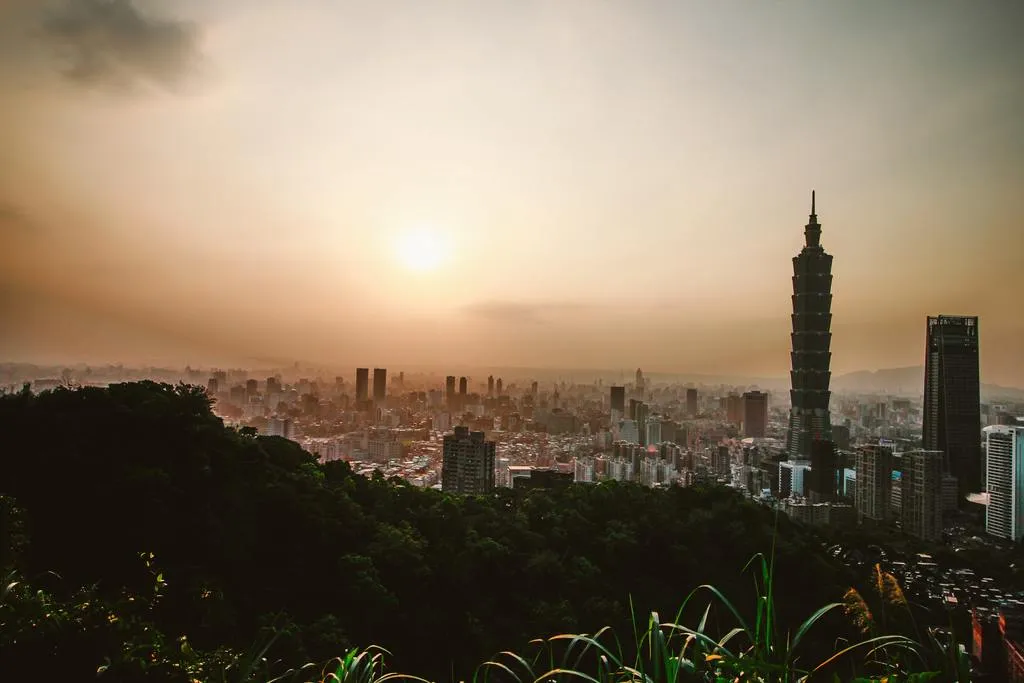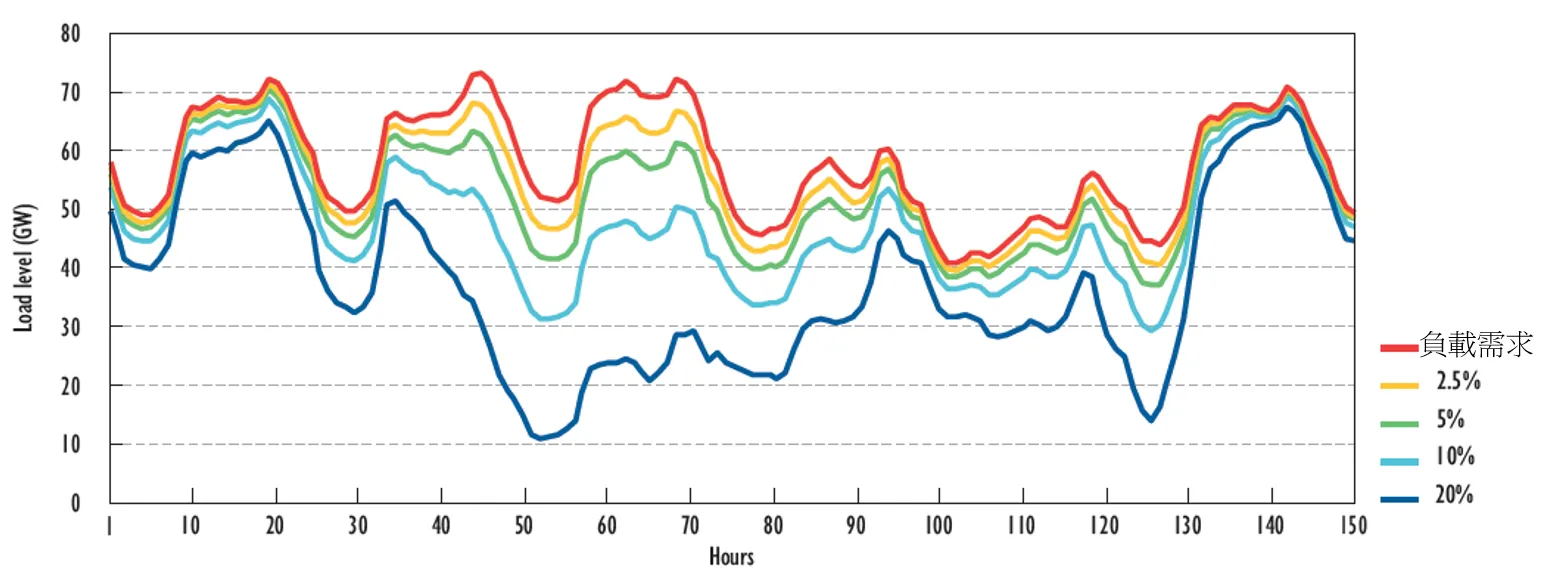The Climate Governance Barometer (CGB) is the survey analysis developed by the Risk Society and Policy Research Center, National Taiwan University (RSPRC) to illustrate public attitudes toward climate issues in Taiwan. There are two principal reasons for the significance of climate change issues to Taiwan. On the one hand, the increasing frequency of extreme climate events like typhoons and droughts, has caused lots of loss and damage, directly impacting citizens’ daily lives and safety. On the other hand, as one of the world’s most important economies, Taiwan faces the potential challenges of meeting international commitments and reducing greenhouse gas (GHG) emissions.
In 2023, CPC Corporation(中油), Taiwan (hereinafter referred to as CPC) planned to initiate a carbon storage experiment in the Tieh–Chen Mountain(鐵砧山)area of Tunghsiao(通宵)Township, Miaoli County. The experiment represents an important step of Taiwan to realize carbon storage. This article was to explain why CPC selected this site for the carbon storage test, and how CPC plans to address social communication around carbon storage.
During the course of the Russia–Ukraine war, which began in 2022, Russia has bombed Ukraine with missiles, destroying Ukraine's electric power infrastructure and causing widespread blackouts in various regions, affecting winter heating supplies, and possibly causing residents to flee or freeze to death. According to reports from Independent (2022) and BBC (2022), Ukrainian officials described Russia's wartime actions as energy genocide.
At the Conference of Parties (COP)21 conference in 2015, the Paris Agreement was signed to curb global warming. Its goal was to ensure that the global average temperature does not exceed 2 °C above pre-industrial levels and to strive to limit it to 1.5 °C. However, according to the Provisional State of the Global Climate 2023 released by the World Meteorological Organization, ...
In a typical petrochemical plant, the majority of carbon dioxide emission is due to burning of hydrocarbon fuels to generate energy. Thus, energy saving is essentially equivalent to carbon reduction. Of course, energy saving has significant economic incentives by itself given that energy cost is usually the second largest operating expense besides feed cost.
The petrochemical industry by definition uses petroleum or natural gas as the basic feedstock and produces a wide variety of products. In Taiwan, the industry contributes about 16.5 percent of GDP with a complete and well-integrated production chain. However, the industry also contributes significantly to Taiwan's 270 Mt/yr CO2 emission.
Researchers and scientists have been working on solving climate change for decades. Yet, there is still a huge gap between what needs to be done and the current situation. More effective and positive communication is needed to help close that gap
This statement was inspired by the discussions at the 2021 Nobel Prize Summit, issued by the Steering Committee and co-signed by Nobel Laureates and experts
Our center director Chou Kuei-tien and assistant research fellow Roy Ngerng has collaborated with 57 leading researchers from 21 countries to write a new international report, '10 New Insights in Climate Science', compiling the latest insights on climate science over the last one year, to urge countries to adopt evidence-based approaches and take collective action to address the ongoing climate crisis.
Taiwan passed the Greenhouse Gas Reduction and Management Act in 2015 to reduce greenhouse gas emissions by 50% of 2005 levels by 2050, but Environmental Protection Administration (EPA) Minister Chang Tzi-Chin admitted earlier this year that even to attain the target of reducing emissions by 2% of 2005 levels by 2020 under the act, Taiwan would still have difficulty.
When I shared with a ministry in Taiwan that we were planning to conduct participatory workshops with members of the public including with non-governmental organizations (NGOs), the staff member at the ministry looked taken aback. He was concerned that activists might disrupt the engagement process instead.
Living in the south of Taiwan, the above dialogues are not unusual. We heard more and more news of cancer from friends, relatives or neighbors. For many years, at the air pollution symposium organized by the local environmental protection bureau, or at the public hearing on the amendment of air pollution related bills handled by the Environmental Protection Administration (EPA), I often heard friends from Kaohsiung and Pingtung telling me that they are worried about getting cancer - includes elderly residents living near the industrial zone and young parents who have just paid a few years of housing loans in the Kaohsiung metropolitan area.
Local governments in Taiwan are currently overstressed due to the inherent changes associated with energy transition. As national energy policy is controlled by the Taiwanese government and local governments are facing manpower shortages, local officials need to utilize their strengths to take advantage of any opportunities they can to learn from international experiences as a way of strengthening local energy governance.
This article analyses whether the future energy transition path will increase coal-fired power generation, and whether it is inevitable to sacrifice algal reef when natural gas is an essential option for energy transformation?
PM2.5 regulation is not just a "more refined air pollution control", but one of the most important new challenges in our risk governance...
There are frequent changes in Taiwan's renewable energy installation and promotion targets, especially in the variable generation technologies like solar energy and wind power

